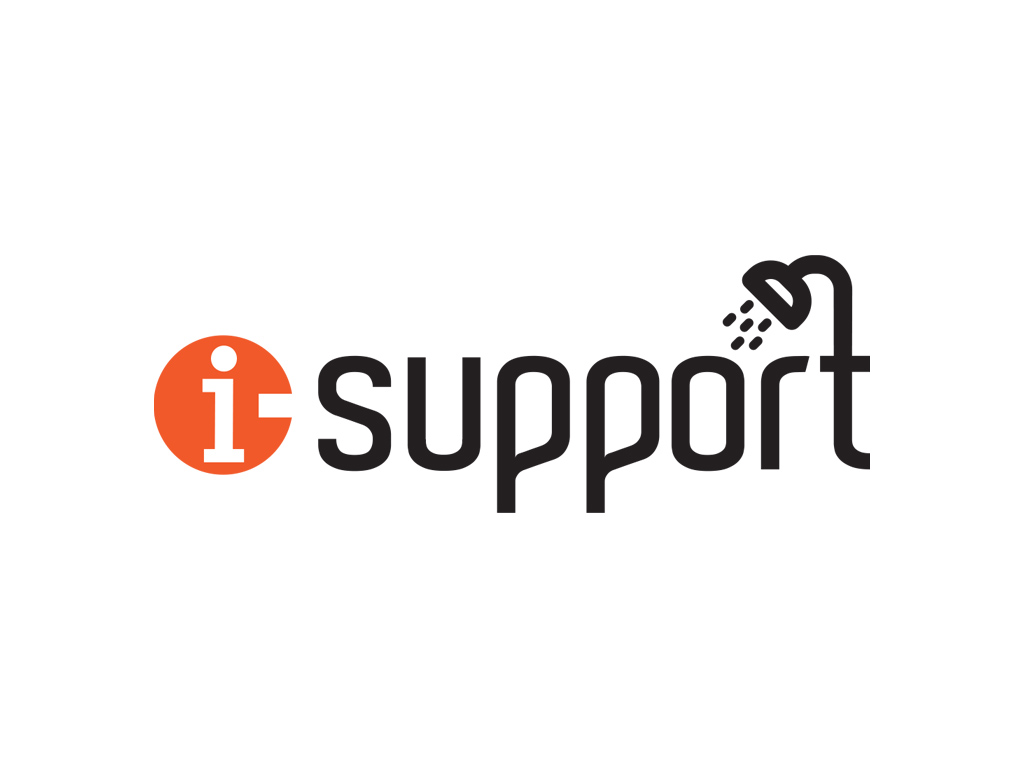Description
The I-SUPPORT project envisions the development and integration of an innovative, modular, ICT-supported service robotics system that supports and enhances frail older adults’ motion and force abilities and assists them in successfully, safely and independently completing the entire sequence of bathing tasks, such as properly washing their back, their upper parts, their lower limbs, their buttocks and groin, and to effectively use the towel for drying purposes. Advanced modules of cognition, sensing, context awareness and actuation will be developed and seamlessly integrated into the service robotics system to enable the robotic bathing system.
KIT leads the tasks concerning the learning motion primitives from human observation and kinesthetic teaching for a soft robot arm which should provide help in washing and drying tasks. The learned motion primitives should be represented in a way, which allow the adaptation to different context (soaping, washing, drying), body parts (back, upper lower limbs, neck) and users. To achieve this, adaptive representations will be developed of the learned motion primitives which are able to account for the different requirements such as encoding different motion styles (circular and linear), adaptation to different softness of different body parts, etc. To enable the handling of different washing and trying tools with varying softness by the robot arm, we will investigate how motion primitives can be enriched with models which encode correlations between objects properties and action parameters. Furthermore, KIT is addressing the task of personalization and adaptation of the robotic bathing system to the user by taking into the users‘ preference and previous sensorimotor experience. Based on a reference model of the human body, the Master Motor Map, which defines the kinematics and dynamics of the human body with regard to global body parameters such as height, weight, we will derive individual models of the different users. These models will be used to generate initial washing and/or drying behavior which will be refined based on sensorimotor experience obtained from the robot arm.

